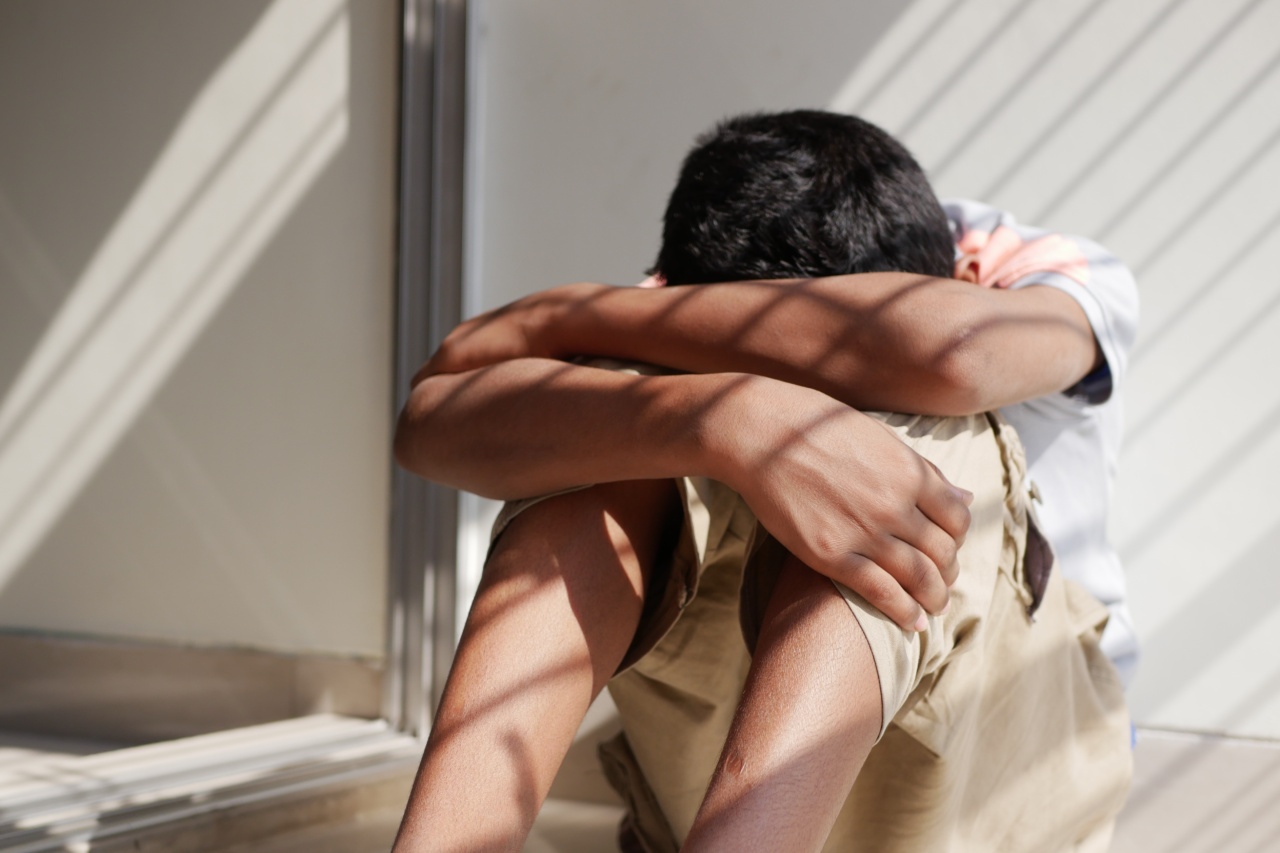Laryngitis is a respiratory disease that causes inflammation of the larynx, also known as the voice box, leading to hoarseness of voice or complete loss of voice.
In the case of a child, it can be more severe with frequent bouts of coughing, difficulty breathing, and fatigue.
In this article, we will discuss the causes and symptoms of laryngitis, the different treatment options available, and tips to prevent it from recurring in a child.
Causes of laryngitis in children
Laryngitis in children can be caused by various factors, including:.
Viral infections
Most cases of laryngitis in children are caused by a viral infection, such as the common cold, flu, or croup. These viruses infect the respiratory system, leading to inflammation and irritation of the larynx.
Bacterial infections
In some cases, laryngitis can also be caused by bacterial infections such as streptococcus or Haemophilus influenzae. These infections can be more severe and also lead to other respiratory problems, such as pneumonia.
Environmental factors
Pollution, smoke, and other environmental factors can also irritate the larynx, leading to inflammation. Exposure to cold temperatures or dry air can also contribute to the development of laryngitis in some children.
Symptoms of laryngitis in children
The symptoms of laryngitis in children can vary, but some of the most common include:.
Hoarseness or loss of voice
This is the most common symptom of laryngitis in children. The child may sound hoarse, raspy, or completely lose their voice.
Coughing
The child may have a dry or persistent cough due to the irritation in the larynx.
Difficulty breathing
In severe cases, the child may experience shortness of breath or difficulty breathing due to the inflammation of the larynx.
Fatigue
The child may feel tired or weak due to the symptoms of laryngitis.
Treatment options for laryngitis in children
Rest and hydration
One of the most important things you can do to help your child recover from laryngitis is to ensure they get plenty of rest and stay hydrated. Drinking plenty of fluids can help soothe the throat and keep the mucous membranes moist.
Over-the-counter medications
Over-the-counter medications such as acetaminophen or ibuprofen can be used to relieve pain and reduce fever if your child has a fever.
Humidifier
A humidifier can be used to add moisture to the air in your child’s room, helping to soothe the throat and reduce inflammation.
Voice rest
Encourage your child to rest their voice as much as possible to avoid further irritation to the larynx and allow it to heal.
Preventing laryngitis in children
Practice good hygiene
To prevent viral and bacterial infections that can lead to laryngitis, it is essential to practice good hygiene, such as washing hands frequently and avoiding contact with sick people.
Avoid irritants
Avoid exposing your child to irritants such as cigarette smoke, pollution, and harsh chemicals that can irritate the larynx.
Maintain a healthy lifestyle
Encourage your child to maintain a healthy lifestyle, including eating a balanced diet, exercising regularly, and getting enough sleep.
Conclusion
Laryngitis can be a challenging condition for children to deal with, but with proper care and treatment, they can recover quickly.
It is essential to be aware of the symptoms and causes of laryngitis and take steps to prevent it from recurring in your child.






























